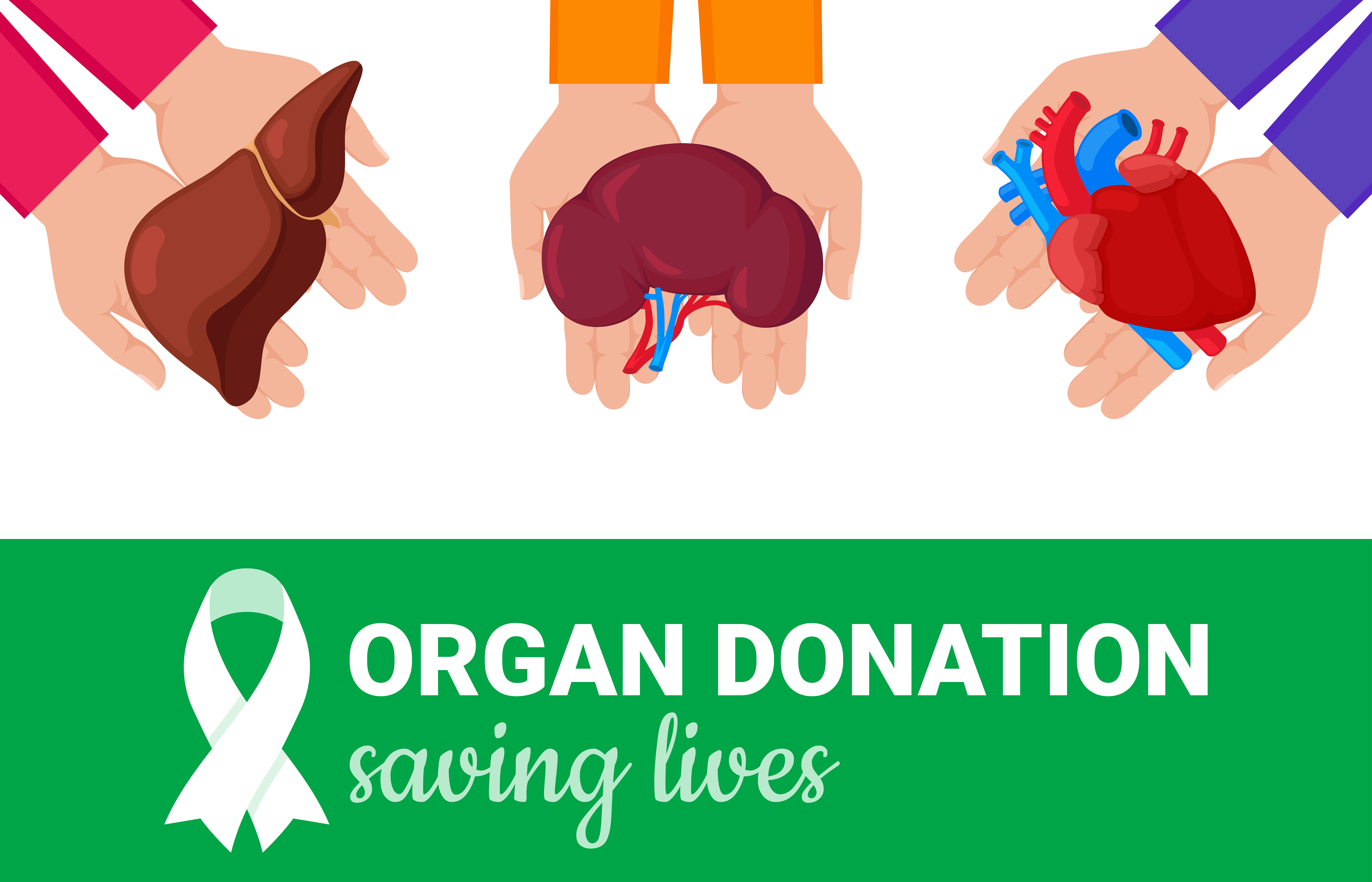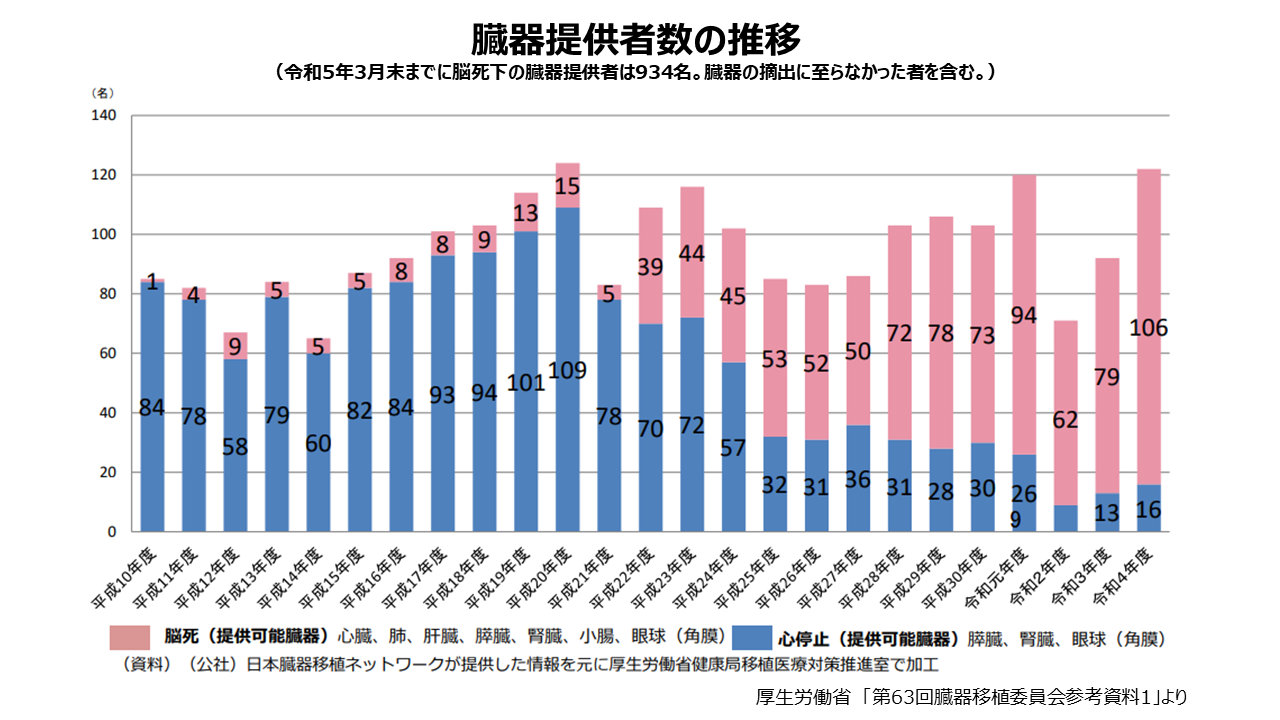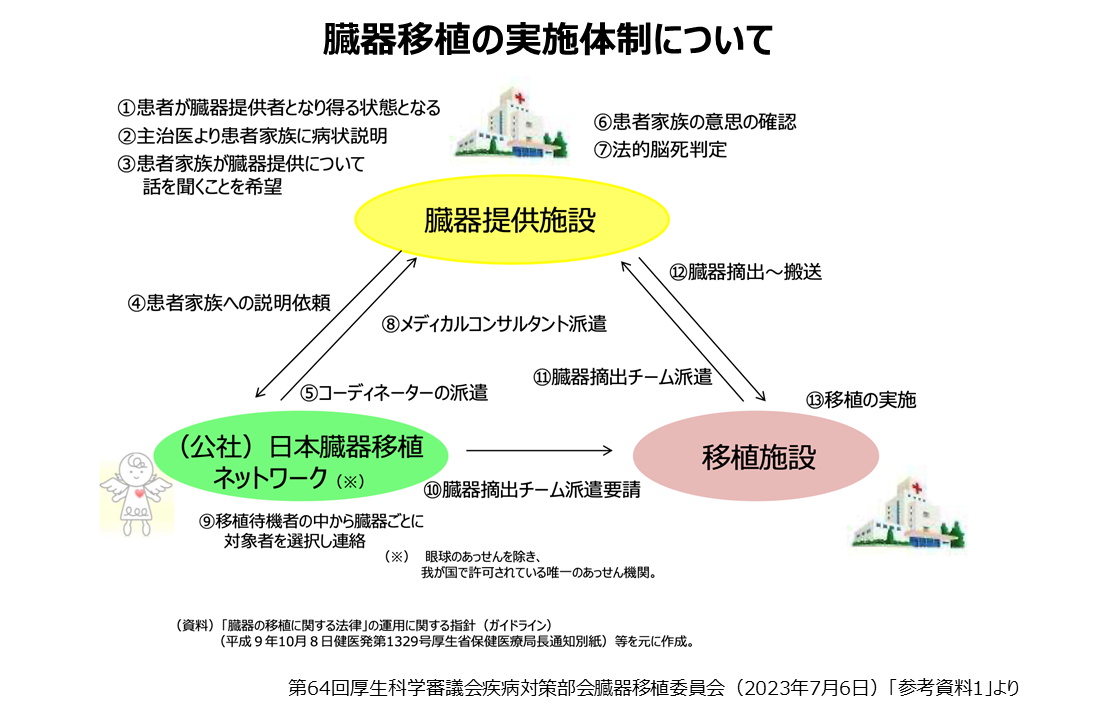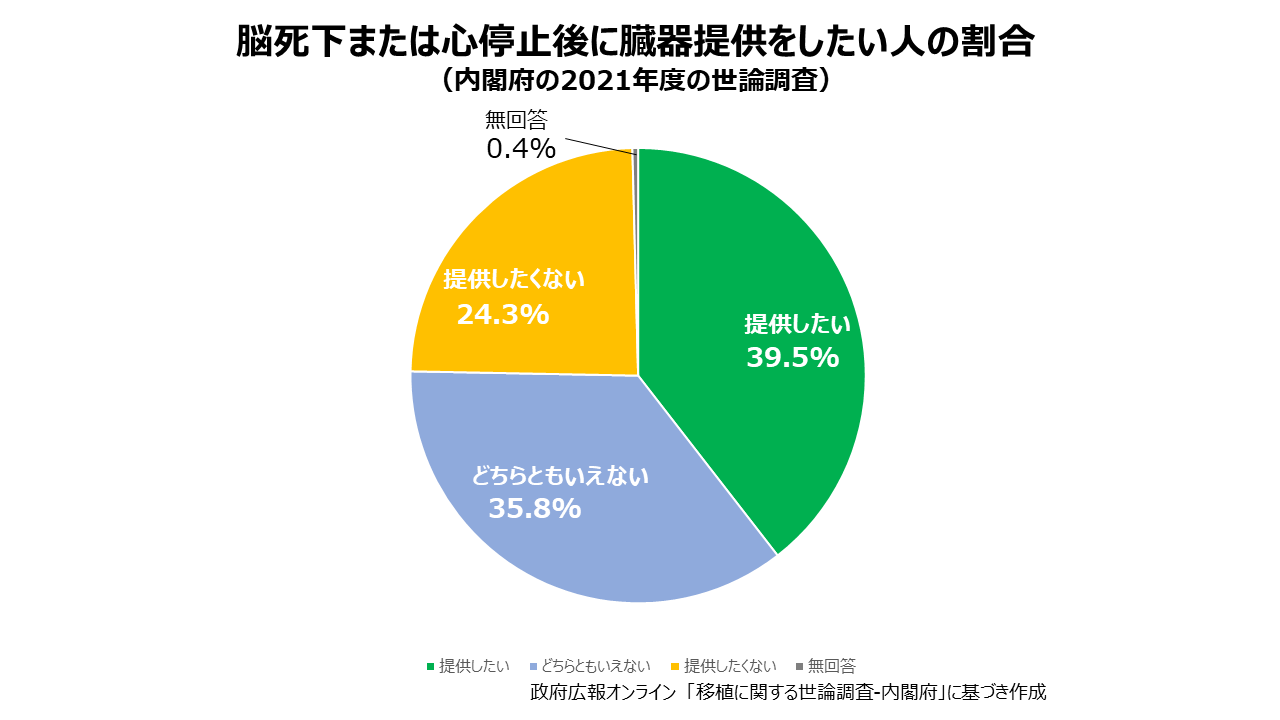
Release date: 2024.01.15
Organ transplantation is a medical process in which an organ donated by another person is transplanted into a patient with a condition whose organ function has deteriorated and cannot be treated with other methods. This is based on the understanding and support of well-intentioned organ donors and society as a whole. We will summarize the mechanism of organ transplantation in two parts. In the first part, we will introduce the rules of organ transplantation, the main process, and donor registration.

In Japan, before the Organ Transplant Law was enacted, only kidney and cornea transplants were possible after cardiac arrest, but the Organ Transplant Law was enacted in October 1997, and the organ transplant law was implemented in October 1997. Human organs such as hearts, lungs, and livers can now be donated. Since July 2010, with the revision of the Organ Transplant Law, organs can now be donated with the consent of the family, even if the person's will cannot be confirmed. This has made brain-dead organ donation possible even for children under the age of 15, paving the way for heart and lung transplants for small children. Since then, the number of organ donations from people determined to be brain dead has increased, while the number of organ donations after cardiac arrest has been on the decline. Organs that can be donated are determined by the Organ Transplant Law and Enforcement Regulations, and include the heart, lungs, liver, kidneys, pancreas, small intestine, and eyeballs for those who have died from brain death, and the kidneys, pancreas, and eyeballs for those who have undergone cardiac arrest. Apart from this, living donor transplants from family members are also performed. In brain-dead transplants, more types of organs can be transplanted than after cardiac arrest because there is blood flow to the organs until just before transplantation.
The main process of organ donation is as follows.
1. Donor selection:
Target donors are those who are transported to an emergency care center due to an accident or illness, have no hope of survival even with the best treatment, and whose attending physician has diagnosed them as ``brain dead.''
2. Explanation about organ donation and family decision-making:
The attending physicians will explain the patient's medical condition and provide information about organ donation to the family. When a family member requests to talk about organ transplantation, the attending physicians contact the organ transplant coordinator, who is then dispatched. Families will receive further information from the coordinator. The family discusses this thoroughly and makes a decision about organ donation. You will not be treated disadvantageously even if we decide not to provide the information.
3. Brain death determination:
When a family decides to donate organs, a legal brain death determination is performed twice. The first and second brain death determinations are made at least 6 hours apart (at least 24 hours for children under 6 years old). Two doctors with experience and knowledge unrelated to transplantation are involved in determining brain death. Family members may also be present. The time when the second brain death determination is completed is the time of death.
4. Selection of transplant candidates:
Transplant candidates who meet the conditions are selected fairly by computer from among transplant applicants registered with the Japan Organ Transplant Network.
5. Organ removal and transplantation:
Once consent is given for organ donation, surgery to remove the organ will be performed immediately. The donated organ is transported to the recipient and the transplant surgery is performed. The number of medical institutions that donate organs is limited to 895 in the "5 types" of facilities, such as university hospitals, hospitals designated as instructors by the Japan Society of Emergency Medicine, and facilities certified as critical care centers. There are 284 facilities with a system in place, and 153 facilities with a system in place for people 18 years of age or older (as of the end of March 2023). The facilities that allow transplantation include 11 heart facilities, 11 lung facilities, 23 liver facilities, 21 pancreas facilities, 125 kidney facilities, and 13 small intestine facilities (same).
6. Return of body:
After the removal surgery, the donor's body will be sutured neatly and returned to their family. Afterwards, you can spend time with your family and loved ones, including the wake and funeral.

To donate an organ, consent from the person or their family is required. You can express your intention to donate organs by writing your intention (agree or not) on your driver's license, health insurance card, My Number card, or intention declaration card. You can also register on the organ donation intention registration site online. When you express your intentions, it is important to convey your intentions to your family. In an attitude survey conducted by the Japan Organ Transplant Network in 2016, the overall percentage of people who expressed their intention to donate using their intention card, driver's license, or health insurance card was 10.3, regardless of whether they wanted to donate organs or not. %~11.2%. In addition, in the Cabinet Office's 2021 public opinion poll, the percentage of people who answered "I want to donate organs after brain death or cardiac arrest" was 39.5%, but in reality, "I have expressed my intention to donate organs." There is a gap in the percentage of people who answered this at 10.2%, highlighting the current situation where even if people want to donate organs, in many cases they do not necessarily take concrete action to express their intentions. I am.

Next time, as part of "Organ Donation System 2," we will introduce organ transplant applicants, the situation overseas, and future challenges.
MEDIUS Group is developing a business centered on the sale of medical equipment. We (Medical + us) involved in medical care also want to play the role of an information source (Media) that delivers useful information for the medical field and people's healthy tomorrow.